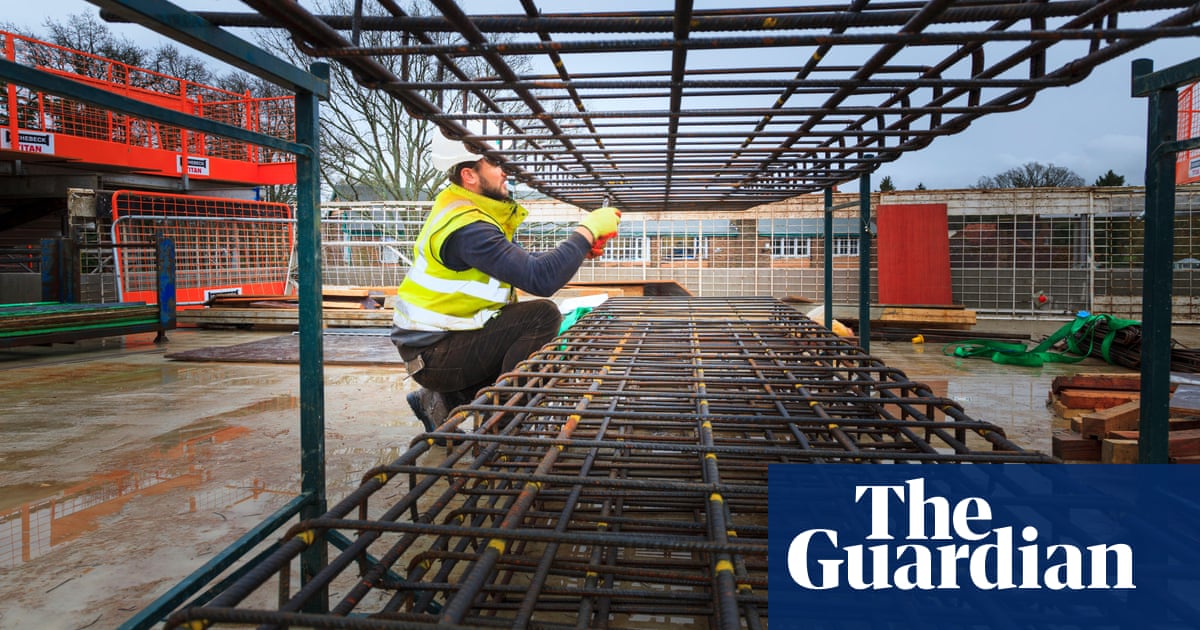Lord Wolfson urges the government to let more foreign workers into the UK to tackle labour shortages.
www.bbc.co.uk
Brexit-backing Next boss says UK needs more overseas workers
Lord Wolfson said the UK needed a "different approach" to migration
By Simon Jack
Business editor
The boss of retailer Next is urging the government to let more foreign workers into the UK to ease labour shortages.
Lord Wolfson, who was a prominent advocate of Brexit, said the UK's current immigration policy was crippling economic growth.
He said firms should pay a tax to employ foreign workers, to encourage them to recruit from the UK first.
The government said it had delivered on its promise to "take back control of our immigration system".
"Unemployment is at record lows and it's vital we continue to bring in excellent key workers the UK needs, including thousands of NHS doctors and nurses through the Health and Care Visa and the Seasonal Workers scheme which brings in the workforce our farmers and growers need," a government spokesperson said.
Free trade?
Lord Wolfson, a Conservative peer, told the BBC: "We have got people queuing up to come to this country to pick crops that are rotting in fields, to work in warehouses that otherwise wouldn't be operable, and we're not letting them in.
"And we have to take a different approach to economically productive migration."
He said that the government needed to decide whether the UK was an open free trading nation, or whether post-Brexit it wanted to be "fortress Britain", pulling up the drawbridge to foreign workers at significant cost to the economy.
"I think in respect of immigration, it's definitely not the Brexit that I wanted, or indeed, many of people who voted Brexit wanted," he said.
"And we have to remember, you know, we're all stuck in this Brexit argument, we have to remember that what post-Brexit Britain looks like, is not the preserve of those people that voted Brexit, it's for all of us to decide."
He added that the majority of people in Britain have a "very pragmatic view" of immigration.
"Yes, control it, where it's damaging to society, but let people in who can who can contribute," Lord Wolfson said.
He suggested a market-based solution to fix current labour shortages, which have affected sectors including healthcare, hospitality and logistics.
He suggests that businesses who need foreign workers should be able to pay a tax of 10% to the government on foreign workers' salaries to ensure that only the businesses that really couldn't find UK workers would recruit overseas.
"It would automatically mean that businesses never bought someone into the company from outside if they could find someone in the UK," he said. "But if they genuinely can't, they'll pay the premium."
According to
figures from the Office for National Statistics, net migration to the UK was estimated to be about 239,000 in the year ending June 2021, a slight fall from the previous year's figure of 260,000. The figure was driven by immigration from non-European Union countries.
When the UK was a member of the EU, it came under the principle of free movement that allowed all EU nationals to live and work in any EU country.
But on 31 December 2020, this freedom ended for EU citizens coming to the UK, and for UK citizens going to the EU.
Last month,
a survey by the CBI business lobby group found nearly three-quarters of UK companies had suffered from labour shortages in the past 12 months.
Nearly half of the companies surveyed wanted the government to grant temporary visas for roles that were in "obvious shortage", the CBI said.
In the summer, the aviation industry asked for special immigration visas for overseas workers but the request was rejected. Understaffing in the industry had been blamed for flight cancellations and delays at airports.
The government has introduced a skilled worker visa scheme for some occupations facing shortages. It also has a seasonal workers scheme to cover jobs such as fruit pickers, and a Health and Care Visa for medical staff.
'No need for breakdown'
Lord Wolfson admitted that 2023 would be very tough for consumers and businesses but insisted that many businesses should not expect government support that should be targeted at the most needy.
He said "the last thing we want them to do" is to give money to businesses that don't really need it, because the government needed to focus "very limited resources on the people that most need help during the upcoming recession".
"That's the people who are going to be cold, and people who are going to be hungry, not businesses that want a break on their taxes," he said.
Lord Wolfson is widely considered to be one of the canniest brains in UK business, and while he conceded next year would be tough, there were reasons for optimism.
First, unlike the recessions of the early 1980s and 90s, when whole industries and regions saw work opportunities disappear, very few workers would be unable to find employment.
"While people will be squeezed, it's very unlikely that they won't be able to find work," he said.
Second, he said that there were already signs - in the prices being quoted for future raw materials at the end of next year - that 2024 could see a strong bounce back from recession.
"The interesting thing about a supply side recession is that the seeds of correction are automatically certain. So as demand drops, and factories begin to empty, then prices begin to come down," he said.
"Next year will be tough but there is no need for a national nervous breakdown," he added.

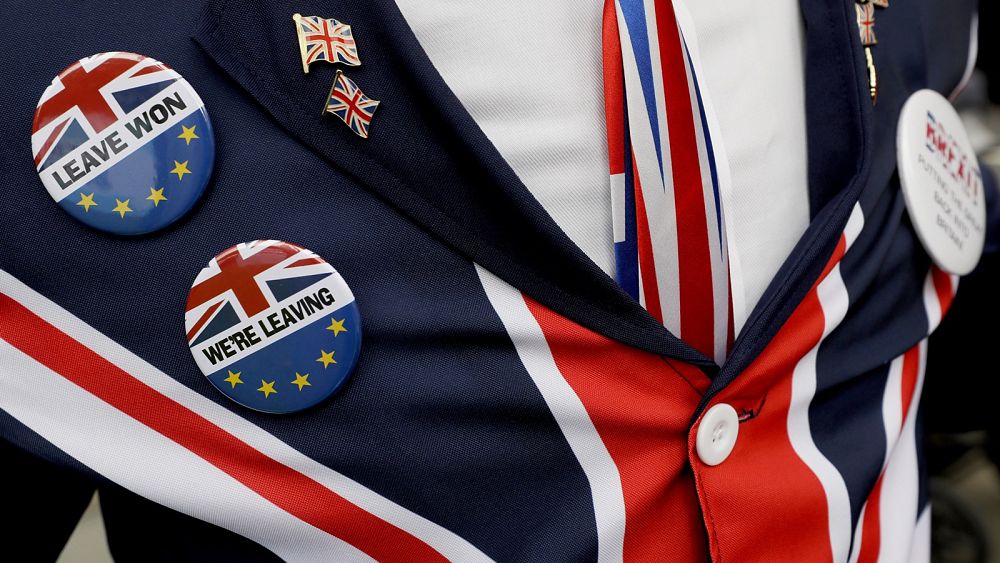
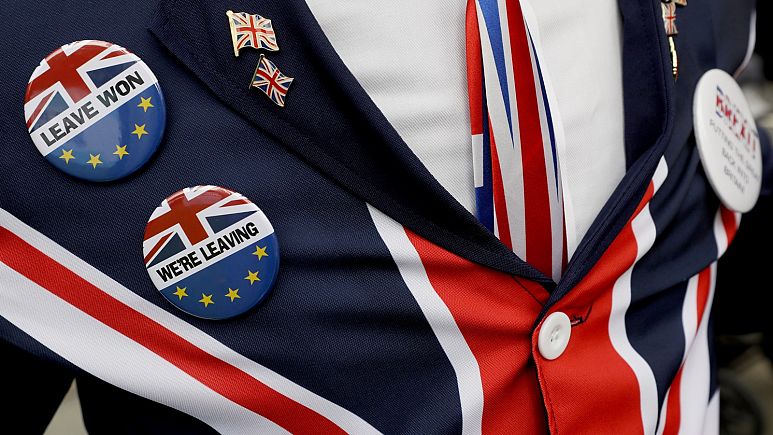
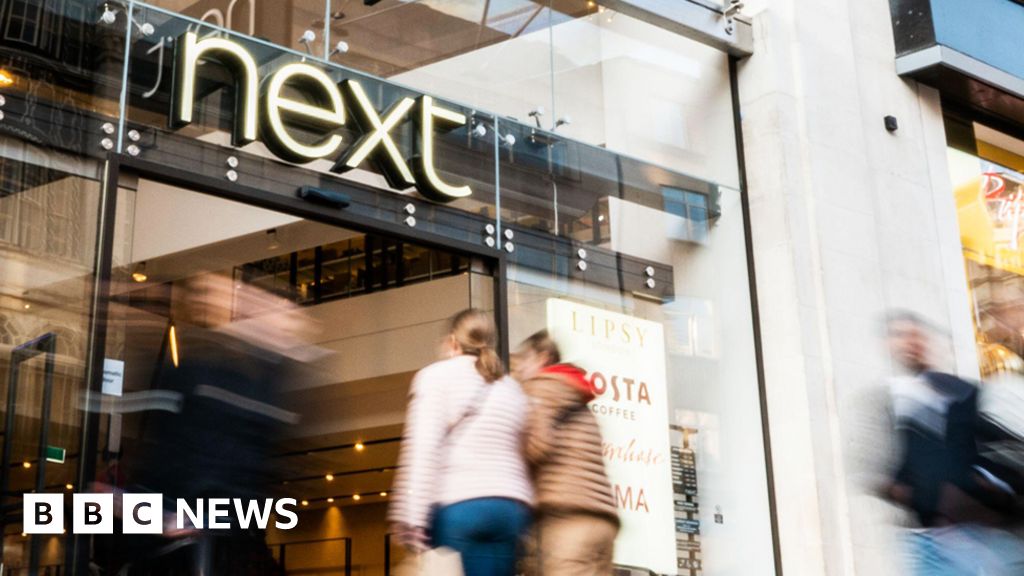



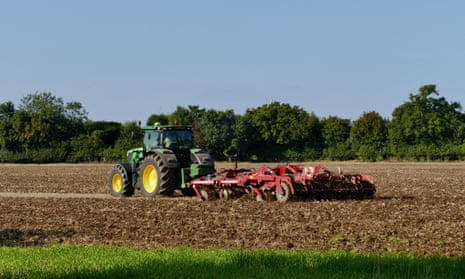
:quality(70)/cloudfront-eu-central-1.images.arcpublishing.com/irishtimes/77YXAX75AQZG65PEDAIQW3FB4M.jpg)
:quality(70)/cloudfront-eu-central-1.images.arcpublishing.com/irishtimes/77YXAX75AQZG65PEDAIQW3FB4M.jpg)

